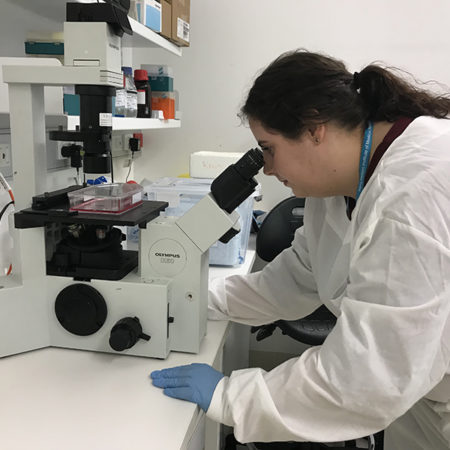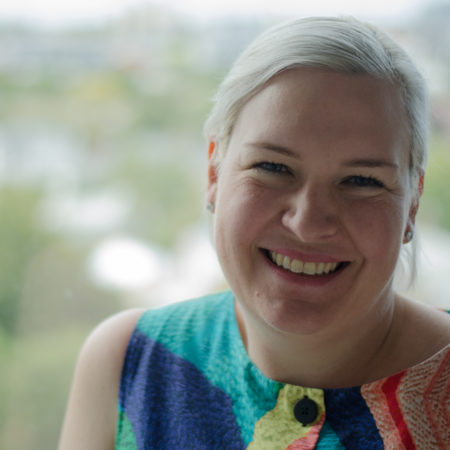For Dr Laura Glenn research means answering clinical questions using rigorous processes to generate evidence-based solutions.
Dr Laura Glenn is a final year Advanced Trainee in Respiratory Medicine, having completed her core training at Royal Prince Alfred Hospital in 2019. She is commencing a PhD this year under the supervision of two of her female role models & mentors, A/Professor Tamera Corte and Dr Lauren Troy, in the RPA Interstitial Lung Diseases Unit. She also has a passion for teaching, and her longer-term goal is to become a Respiratory Physician in a teaching hospital, contributing to education and clinical research with a particular focus on ILD and bronchiectasis. In her spare time, Laura enjoys the park with her dog and is an avid reader and amateur yogi.
What inspired or motivated you to undertake this research project?
Observing first-hand the impact that current barriers to accurate and timely Interstitial Lung Disease (ILD) diagnosis has on patients.
I hope research will lead to more efficient diagnostic pathways for patients and improve holistic management of people with respiratory illnesses.
How do you envision this will impact the health and wellbeing of patients?
I hope that my research will contribute to more easily accessible, accurate and safe diagnostic pathways for patients with ILD. We want to investigate previously unidentified or poorly understood pathobiologic pathways and biomarkers of ILD such as Idiopathic Pulmonary Fibrosis, which will have implications not only for diagnosis, but also for prognostication and treatment of ILD.
How important was funding from Lung Foundation Australia for your work?
Funding from Lung Foundation Australia through generous donations and community fundraising is extremely important – this support will enable me to focus primarily on my research.
A number of our research awards are funded through generous donations from patients and families impacted by lung disease. If you had the opportunity, what would you say to someone considering donating to lung focused research?
Your generosity is incredibly important in helping to understand lung disease and pathways that can be utilised to find better ways to help patients. In supporting early career researchers such as myself, you are directly contributing to the advancement of lung-focused research.
What is your hope for the future of research in this space?
My hope for the future is better understanding of the pathophysiology of pulmonary fibrosis and discovery of therapeutic targets that might lead to more treatments able to improve both quantity and quality of life for patients with chronic lung diseases. I also hope for increased equality of access to diagnosis and treatments for all patients across Australia.




